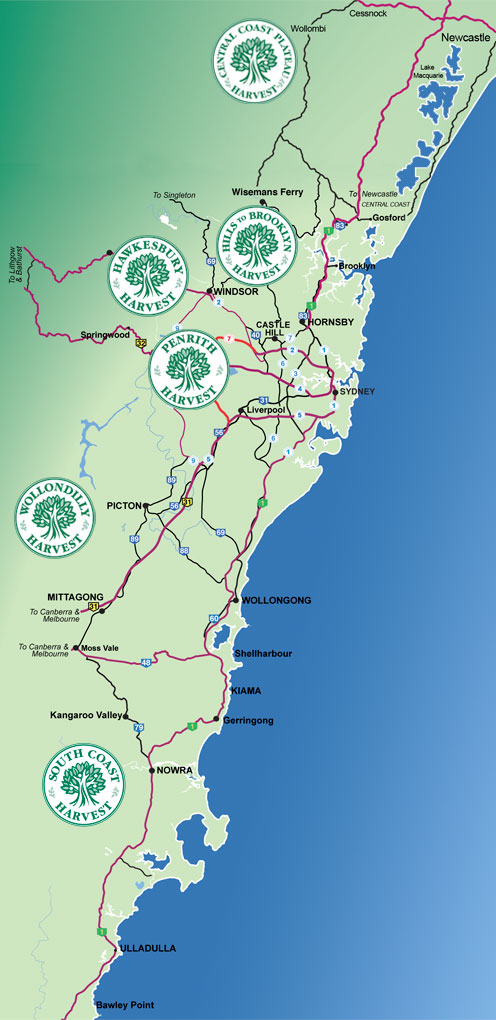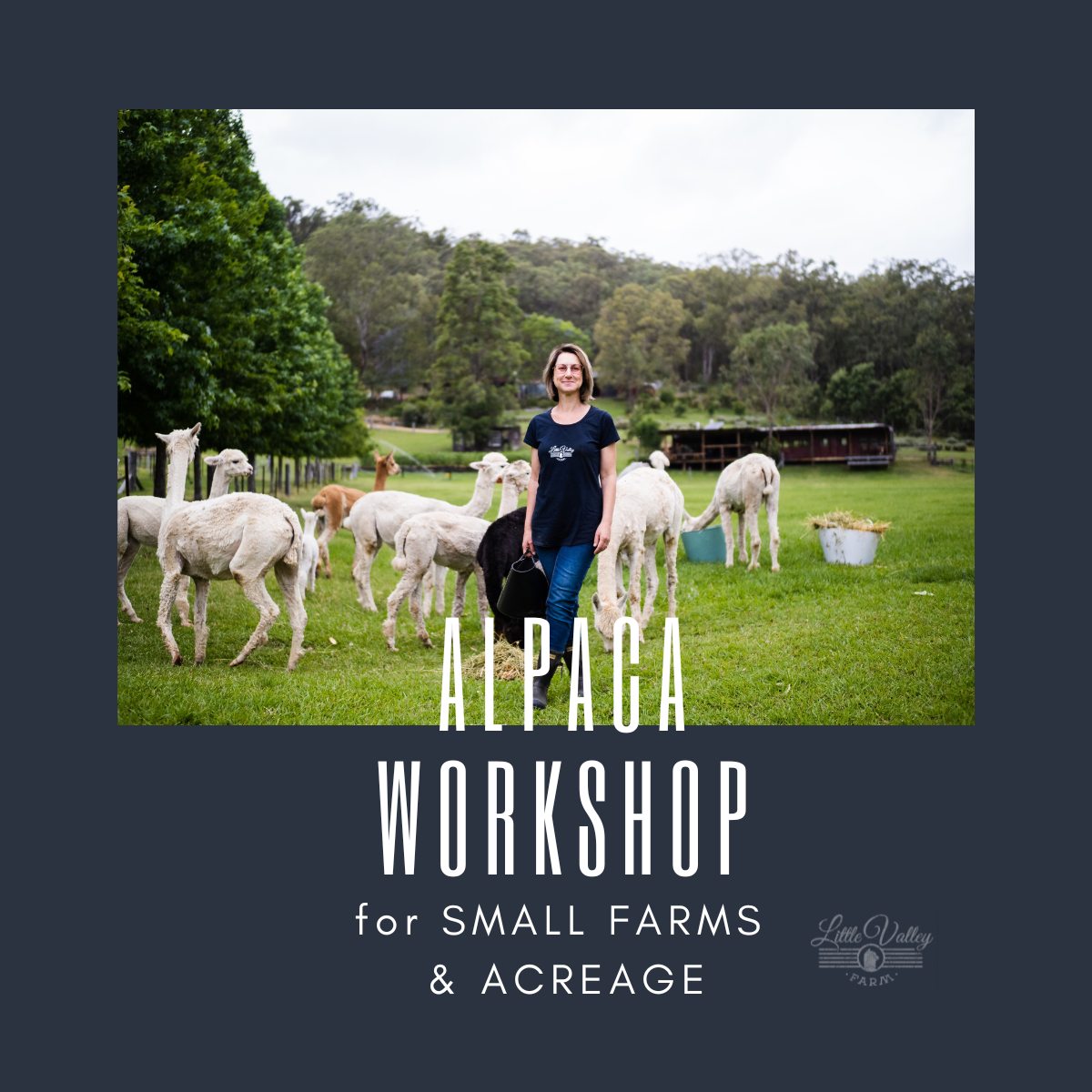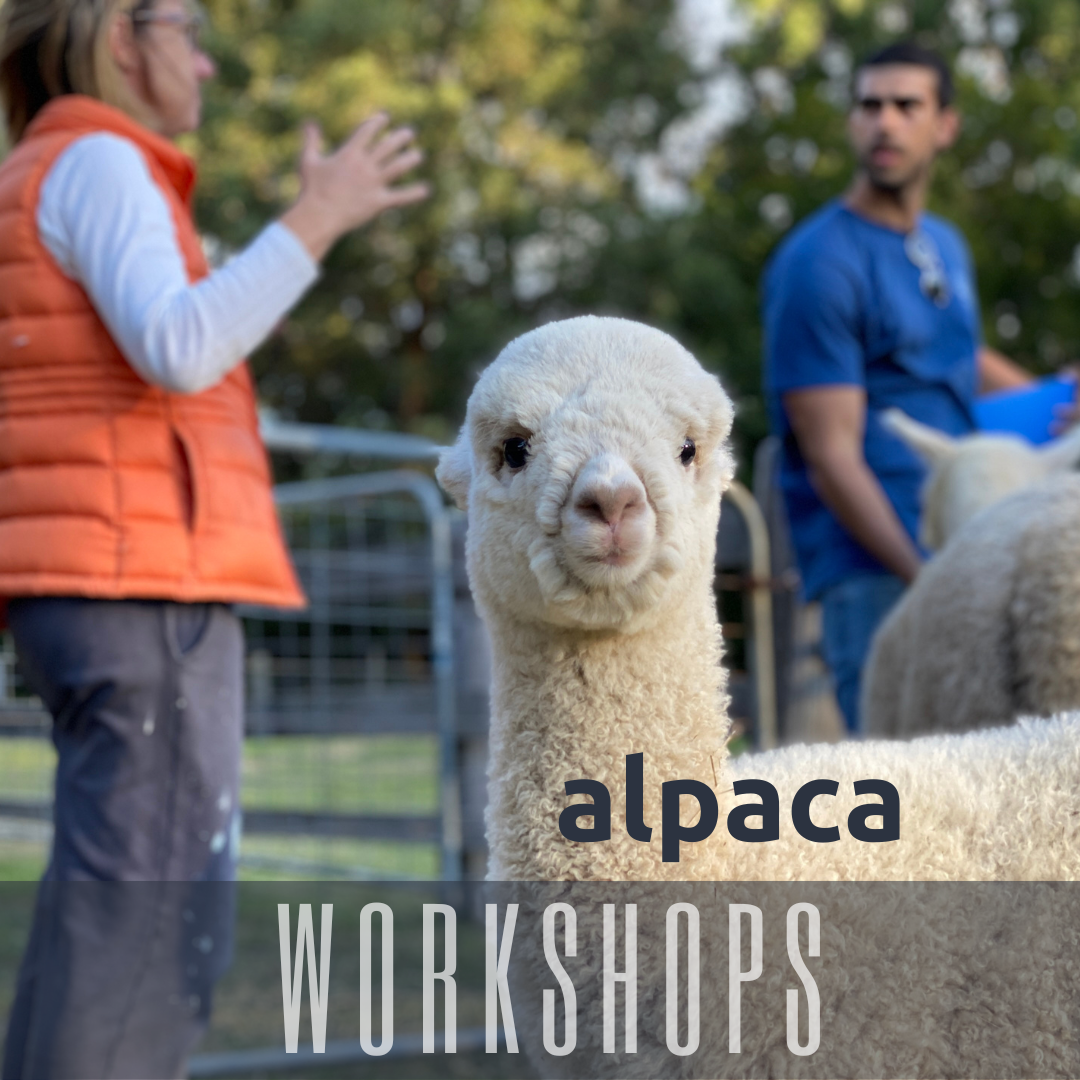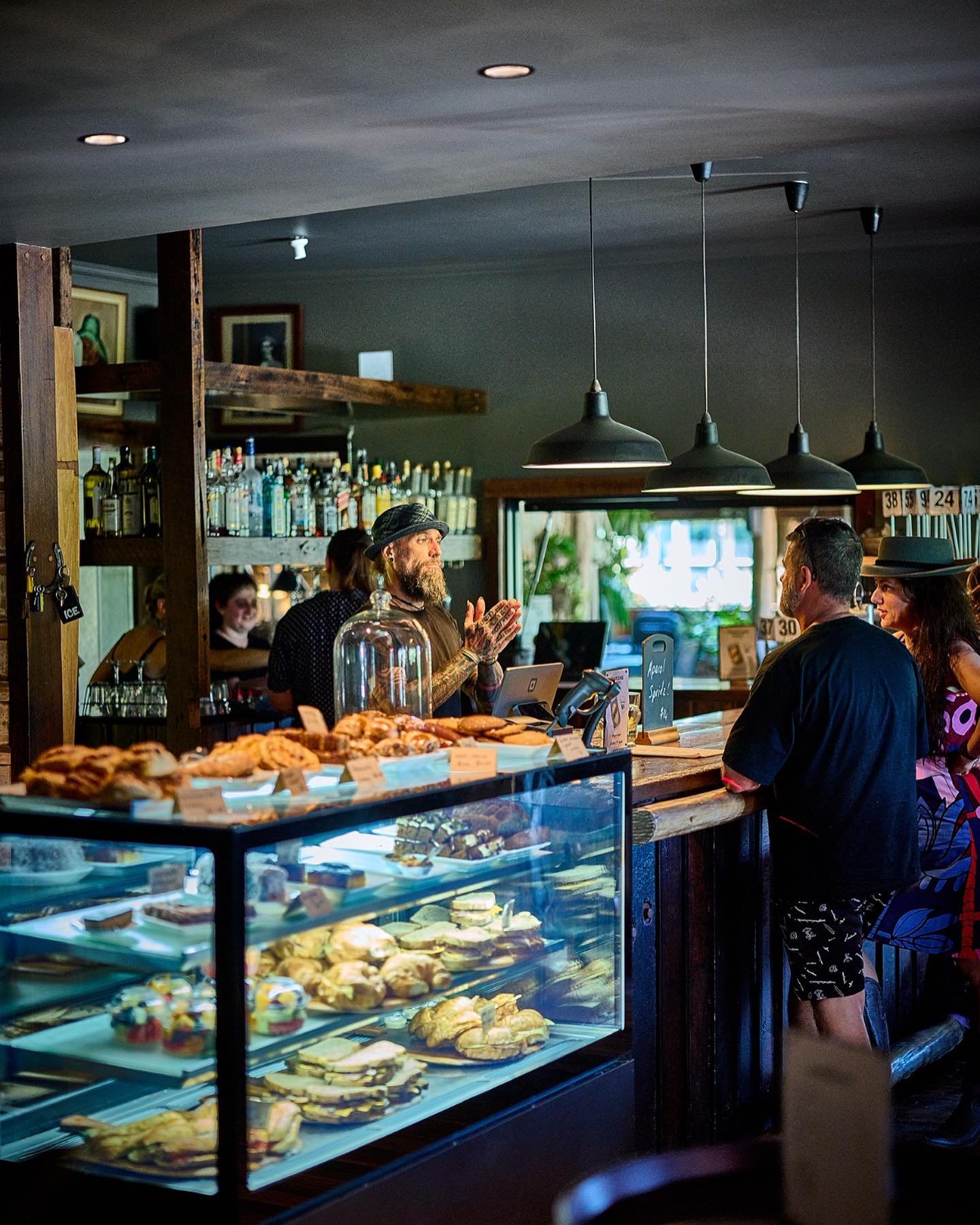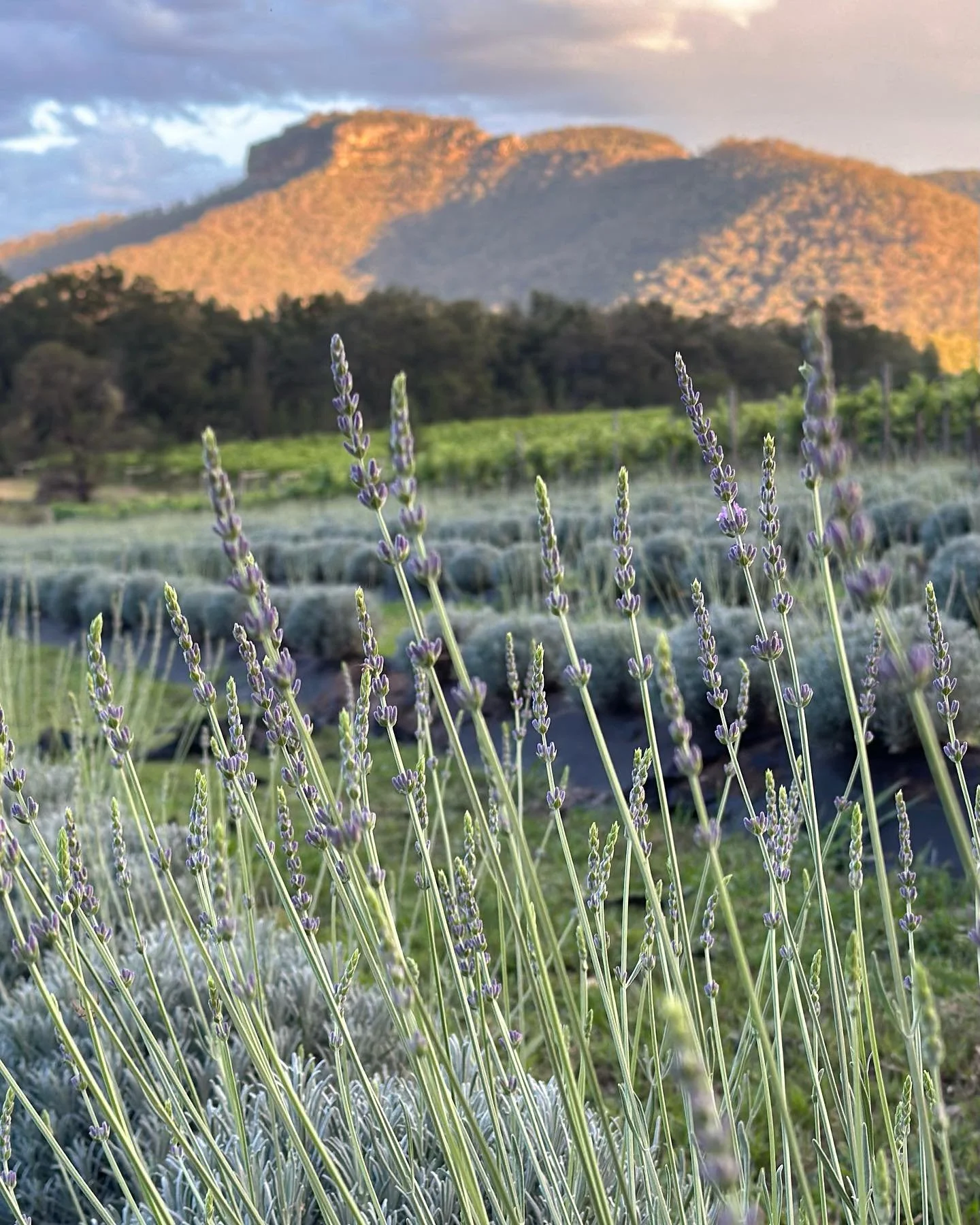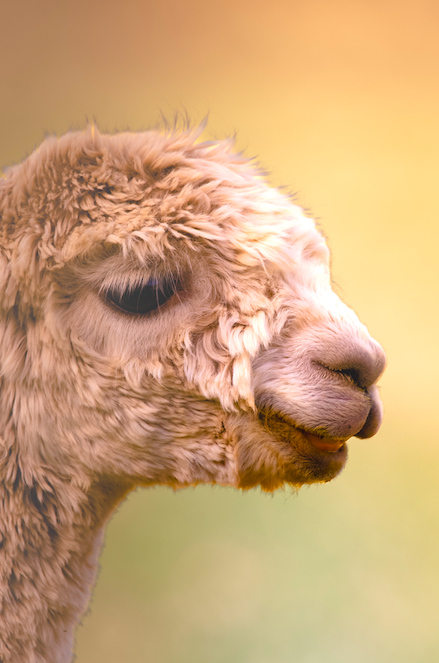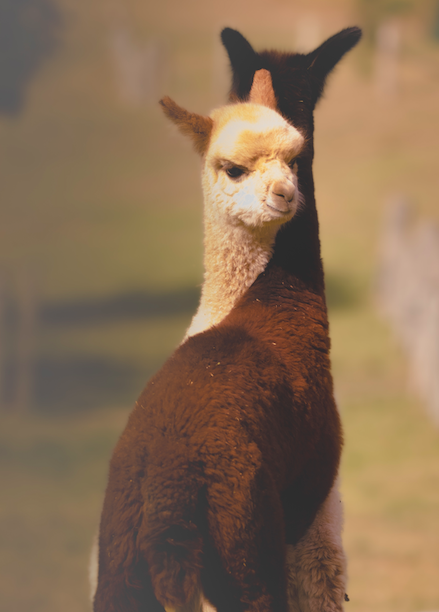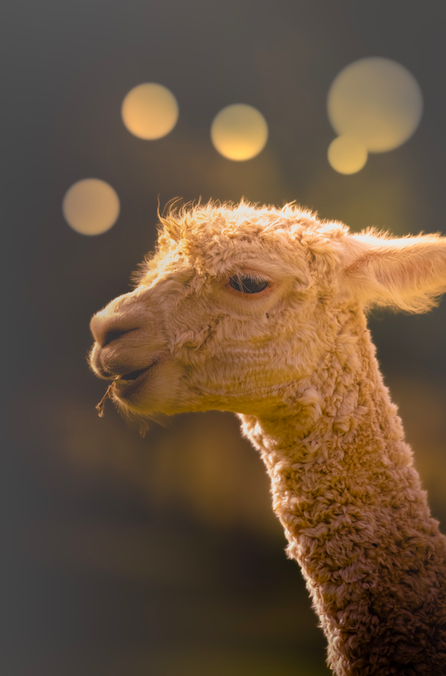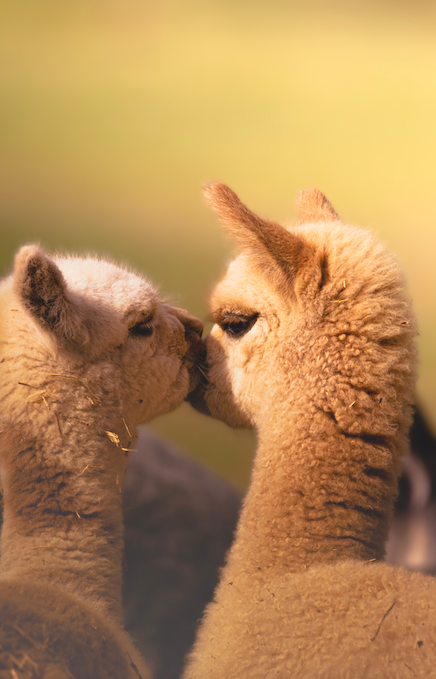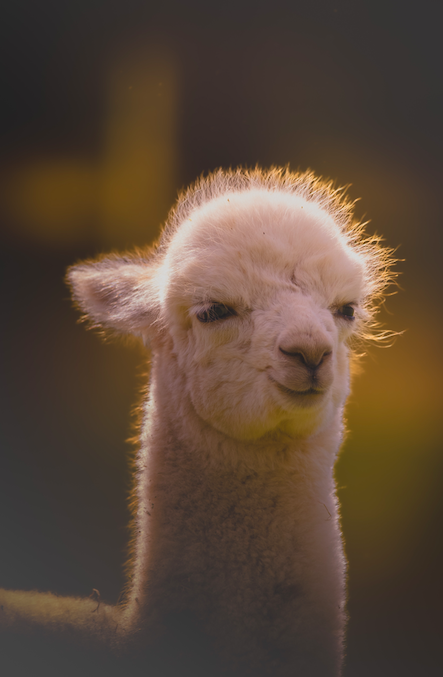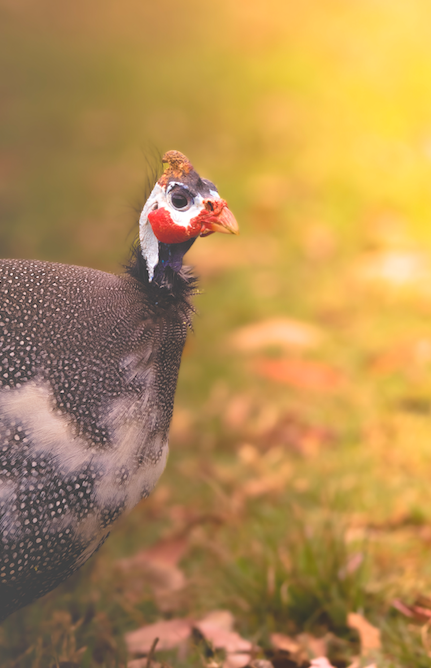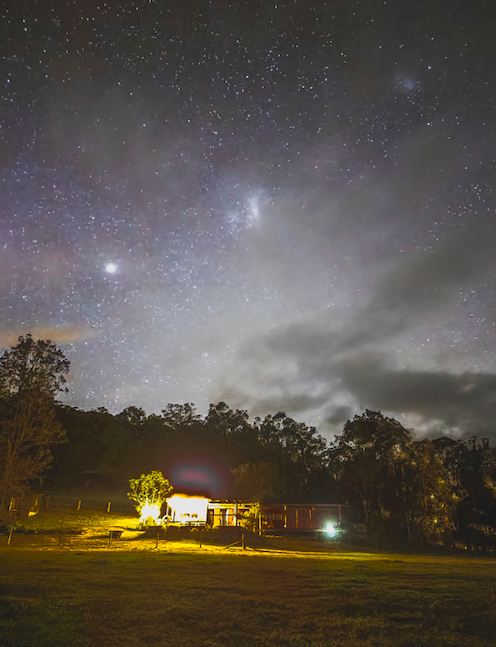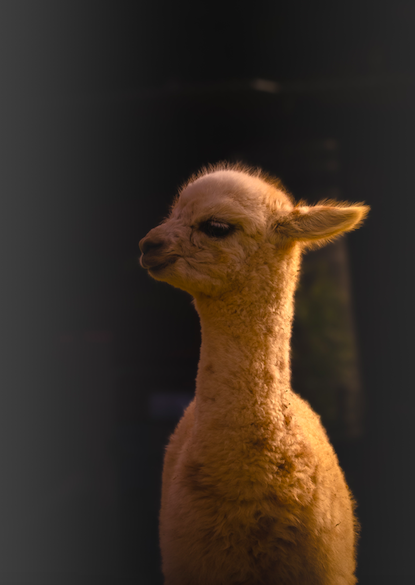What's happening along the harvest trails this weekend? I'm planning to have a chat with Simon Marnie from the ABC702AM Weekend Morning Show. Tune in around 6:30 am - 7 am to listen to our discussion.
~ Saturday 4th November 2023.
Below is a list of places to explore, including the ones we talked about.
PICK YOUR OWN
Canoelands Orchard
PYO Peaches, Nectarines and Berries.
New sessions are available, and bookings are essential.
Open 9-2 weekdays and 9-4 weekends.
PEACHES are NOW available as well as some yummy nectarines. $6.00 per kilo.
Berries are available at $15 per kilo. Due to their high demand, we recommend that you book a Friday or Saturday morning picking in advance. Please note that the availability of berries changes frequently, and they need to assess the situation regularly.
Www.bookingscanoelands.com
TNT Produce Bilpin
PYO Strawberries
OPEN Saturday 4th, but the strawberry PYO is only on Sunday.
Sunday 5th November 2023 for PYO STRAWBERRIES.
OPEN 10 am to 4 pm or until sold out.
Entry is $10 per adult / $5 for children 3 to 12
You can try it before you buy it! $20 kilo for what you pick
They are not taking bookings at the moment, walk-ins only.
No EFTPOS is available so bring cash.
Dogs on a leash are welcome.
Check their Instagram or Facebook for updates on strawberry picking days.
TNT Produce 153 Kurts Road, Bilpin
https://www.facebook.com/profile.php?id=100054382157120
Bilpin Fruit Bowl
PYO Strawberries
Weekend PYO only from 10 am to 4 pm.
Jump on the Bilpin Fruit Bowl website to book your session.
2093 Bells Line of Road, Bilpin
https://bilpinfruitbowl.com.au/product/pick-your-own-booking/
Pine Crest Orchard Bilpin
Cherry season has started
SHOP Sales only on Saturday 4th November for delicious cherries.
They will not be open for pick-your-own due to recent rainfall, insufficiently low cherries to pick, and extensive damage to our trees from last weekend. You can purchase cherries from their shop and jump on their website for the next cherries PYO.
If you miss out they have the most delicious home made cherry ice cream to enjoy.
https://www.facebook.com/pinecrestorchard
The Giving Farm Central Coast Jilliby
PYO Blueberries
Saturday and Sunday sessions to book online.
Certified organic blueberries, and they are seriously incredible!
Make sure you book online, as it's a small family farm, and you just pay for what you pick on the day. They have seasonal pick-your-own flower events throughout the year so keep an eye on their website for upcoming dates.
https://www.facebook.com/TheGivingFarmAU
https://thegivingfarm.com.au/
Markets
Northside Produce Markets North Sydney
8 am to 12 noon
This warmer than usual Spring brings Tradie Fresh Produce from Orange to Northside Produce Market earlier than expected. Not only will they have their Early Sweet variety of cherries they'll also have their luscious mulberries. https://www.facebook.com/NorthsideProduceMarket
The new-ish markets at Stanmore
Stanmore Community Markets
They opened in September
Today 8 am to 1 pm Every Saturday. Artisan and Gourmet Food + Fresh produce.
58-76 Stanmore Road, Stanmore https://www.facebook.com/stanmorecommunitymarkets
http://www.stanmorecommunitymarkets.com.au/
Carriageworks Farmers Market
Every Saturday, 8 am to 1 pm
The market is a Sydney institution providing the freshest seasonal produce from the best growers and producers from around NSW. Talk to the farmer firsthand and learn the stories behind your food. Find organic and biodynamic produce, artisan breads, boutique wines, single-origin coffee, herbal teas, meat and freshly cut flowers. 245 Wilson Street, Eveleigh
Stallholder list: https://carriageworks.com.au/events/carriageworks-farmers-market
Camden Fresh Produce Market
Open Every Saturday 7am - 12Noon
Camden Town Farm 4o Exeter Street Camden
https://www.facebook.com/camdenfreshproducemarketarket
Organic Food Markets
Open-air markets are right across Sydney.
Find Certified Organic food, artisan gourmet produce and conventional fresh fruit & veg, freshly baked bread and patisserie, seasonal produce from the farmer and other delicacies. In fact, all the goodies you love to eat are at the markets every week, rain or shine.
Newcastle - Friday & Saturday, 9 am to 3 pm
Leichhardt - Saturday, 8:00 am to 1:00 pm
Marrickville - Sunday, 9 am to 3 pm
Mona Vale - Sunday, 8:30 am to 1:00 pm
Seaforth - Sunday, 8:00 am to 12:30 pm
https://www.organicfoodmarkets.com.au/


